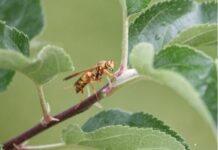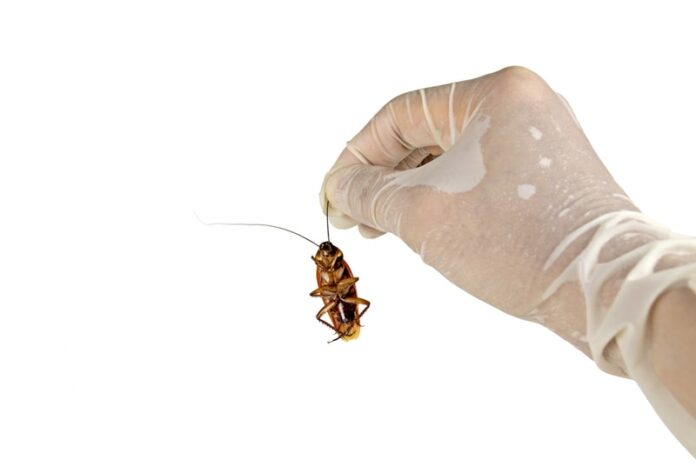
Oriental cockroaches, giant water bugs, backswimmers, or the toe biters are common insects we find in and around stagnant water. Such bugs categorize themselves under the group of waterbugs that are now becoming a menace in every household.
Swatting a single roach isn’t going to solve your problem if there is a possible infestation. If you think these bugs are getting into your toes every now and then, here are a few tips on how to get rid of waterbugs.
Are water bugs dangerous?
In simple words, not at all. These pests are not directly troublesome to us, but their presence in our homes and offices is. Outer water bugs and roaches don’t directly attack and bite humans, but they naturally sting if distributed. Their sting might cause local swelling, redness, and slight irritation.
Moreover, as they live in colonies, they make their nests in unreachable places and spread around our houses, littering the area. The more bugs and pests are, the more are the chances of bacterial infections. Roaches and flying bugs can easily contaminate our food and supplies, directly affecting us. Thus, it is due to this unhygienic issue we consider getting rid of waterbugs.
Spotting the presence of waterbugs
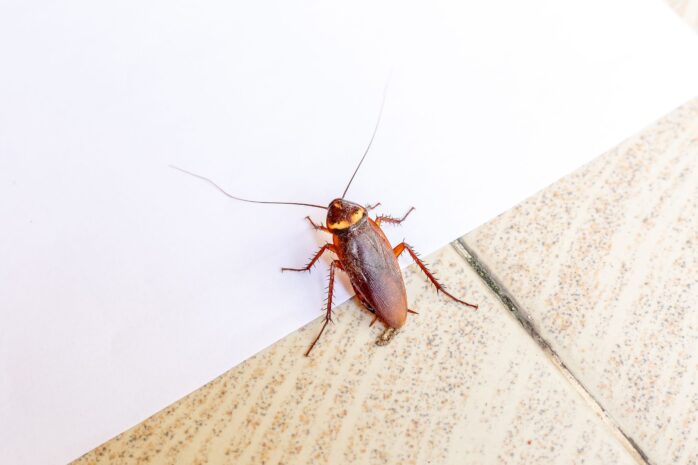
Before choosing a repellent or any procedure to wipe off the bugs, you should figure out the extent of the infestation and where they are dwelling.
- Waterbugs like humid places. You can check below the sinks, behind the cabinets of the kitchen and bathrooms, and near the windows.
- As water attracts them the most, look for the openly collected water around your property. It can be animal bowls, garden ponds, fancy fountains, or open swimming pools. You can also check for leaking pipes or open drains as the foul odor and moist places are their sure-shot nests.
- Inside the home, look for their eggs, littered food particles, and droppings all around to ensure the bugs are roaming.
Quick Home Remedies
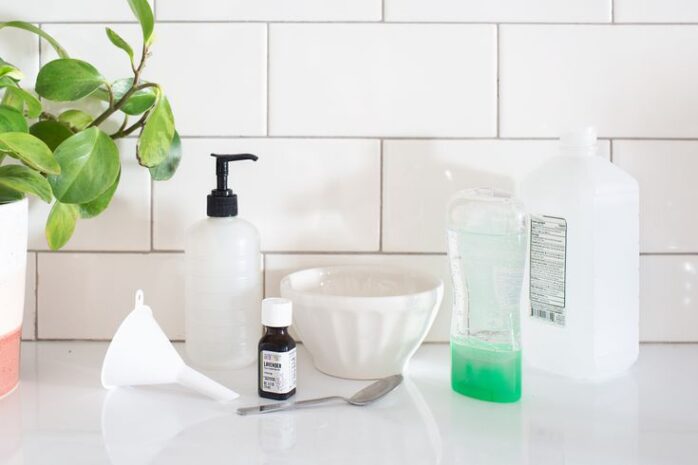
DIY solutions and home remedies are our instant choice to act fast soon as we spot the bugs. They are safe to use around the house without troubling anyone with irritation or allergies. You can choose among the following water bug killers that are available around your kitchen.
Boric acid
Sprinkling the boric acid powder on the most probable humid spots or the nests of the bugs kills them with irritation and dehydration as they eat away the powder. You can simply sprinkle the powder and clean the surface later. To attract more roaches and bugs, you can mix it with flour or sugar to set up bait.
Vinegar
It is a natural acid that irritates and kills bugs. To spray the solution on the damp and dank areas, make a solution of one part vinegar and three parts water. You can also add apple cider vinegar to create an inviting essence, thus attracting the lot immediately. You can also mix the solution with detergent to aggravate the heat and acidity.
Essential oils
The strong odor of different oils is famous for repelling and sometimes killing waterbugs. You can use the strongest like peppermint, rosemary, or eucalyptus oil that are capable of killing. Mild ones like Tea tree, cedarwood, and cypress oils can repel them. Dilute the oil with water, adding at least ten drops of the oil to 30mL of water. You can mix vinegar, baking soda, or other oils to increase the effect.
Baking soda
Baking sodaBaking sodaBaking sodaBaking soda releases carbon dioxide the moment bugs try to eat it. Soda also dehydrates and damages the exoskeleton of the waterbugs, killing them. You can simply spread the powder with a brush or sprinkle it wherever you spot their colonies. If the powder is messy, mix it with little water to form a paste or dilute to spray and apply around.Commercial products
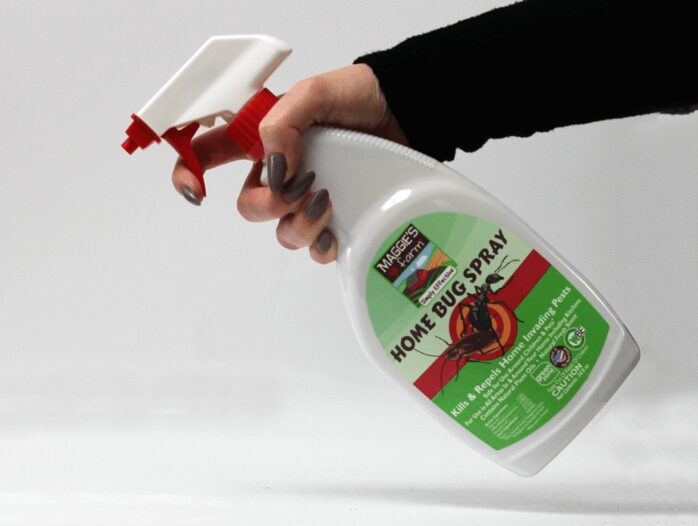
Mild natural solutions might not work well for a large colony or a severely damp area. For a fast reaction, you should rely on commercial water bug killers easily available in the markets.
Chemical bug baits
These baits are bug-attracting pelletsbug-attracting pelletsbug-attracting pelletsbug-attracting pellets, gels, or powders containing sweet luring elements along with toxic insecticides or pesticides to kill the bugs. Make sure you keep the other items out of reach and place the baits in located entry spots or near their nests to ensure the pests find them easily.
You can use the products having indoxacarb, boric acid, fipronil, or hydramethylnon. These chemicals react with the brain and digestive system of the bugs as soon as they eat them.
Repellent sprays
Trapping with edible water bug killers can be slow and ineffective. Sprays are the quickest to cover a large area and react fast. They contain strong acids and toxicants, which attack the lungs and central nervous system as the bugs inhale the spray. Make sure you take proper safety precautions and cover-up to avoid direct contact as the chemicals are dangerous for humans and plants.
Physical traps
While all the above methods have the disadvantage that dead bugs and roaches make it a hassle to locate them and clean out, the physical bug traps can avoid this hassle. The traps are either closed boxes or sticky sheets to catch them. You can put any bait on them to attract the bugs, and voila! You can catch them dead or alive without any litter.
Should you call for extermination services?

Exterminators are a sure-shot solution to get rid of bugs and pest infestation. If you find the waterbugs have covered a large area in and around your house or your water bug killers utterly failed, it is better the experts act with the required equipment and treat the issue from the source.
Exterminators track the bugs using baits and traps to find out their dwelling spots. They use highly potent chemicals and sprays to kill all the bugs. Later they clean the entire place and seal away the leaks, if there are any, thus preventing successive attacks. You can also book for the sanitation drive where they disinfect the surrounding areas around your property to clean the entire place.
Final Words
Waterbugs are physically harmless, but they can lead to food contamination and bacterial infection. To get rid of waterbugs and their colonies, it is necessary to approach them with a broad perspective.
You can use several natural DIY solutions, commercial bug repellents, or hire pest control services. After ensuring the extermination is over, you should maintain dry and clean surroundings to avoid infestation again.





